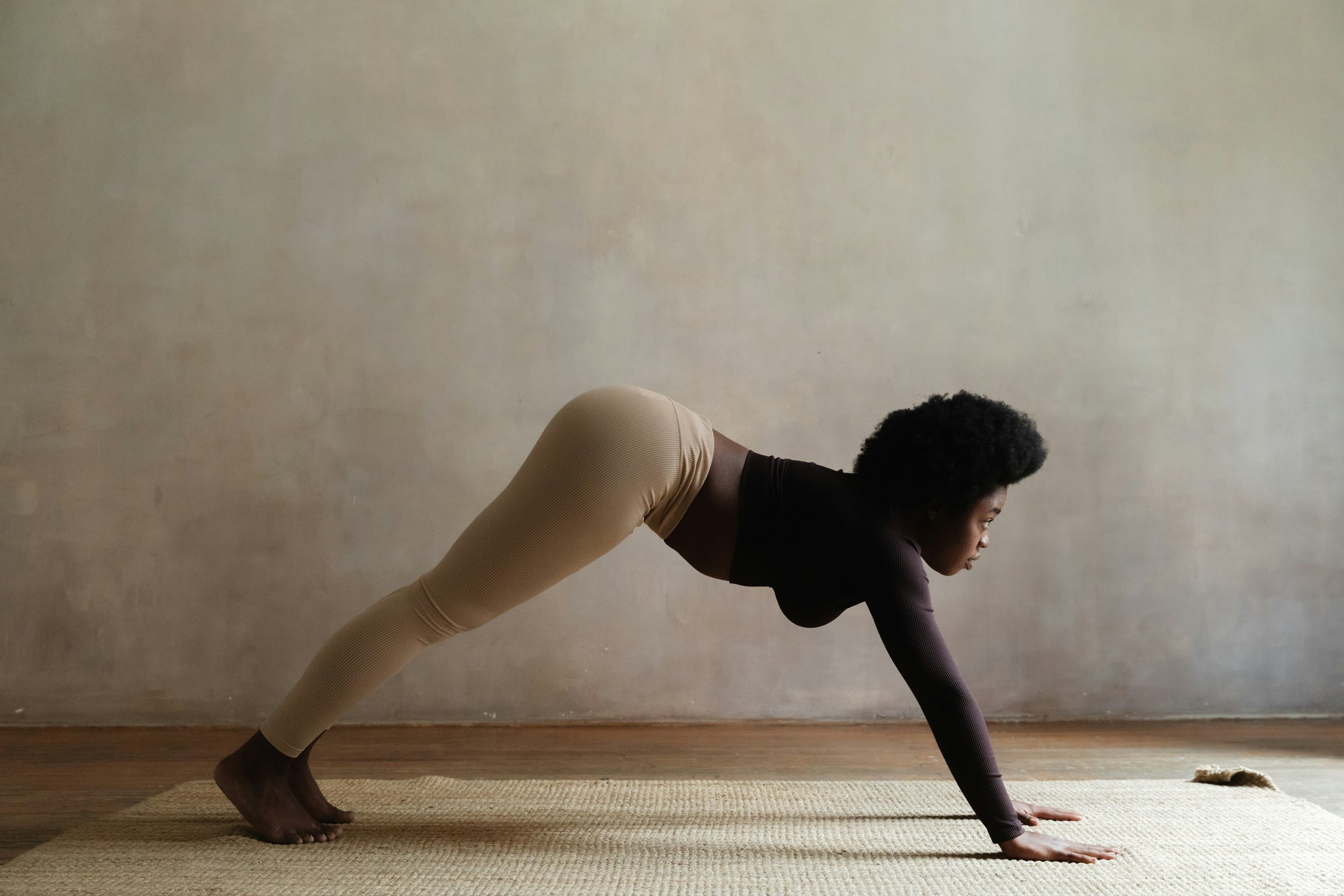The Cortisol Conundrum: How to Actually Lower Stress in 2025
You’re drinking green things. You’ve dabbled in Pilates. You’re even rationing your screen time like it’s 2012. And yet, the stress still simmers—stealthy and ever-present. Your jaw’s locked, your sleep’s inconsistent, and your anxiety has started doing guest appearances in meetings and Sunday brunch.
Enter cortisol: the body’s primary stress hormone and, let’s be honest, the star of the show in 2025’s mental health narrative. Once designed to help us outrun predators or survive a famine, it’s now being summoned by group chats, inbox alerts, and the existential dread of your unread post.
Cortisol is released by the adrenal glands in response to stress, both physical and psychological. In short, it’s vital—helping regulate metabolism, blood pressure, inflammation, and your sleep-wake cycle. But chronically high cortisol levels? That’s when the chaos starts. Think hormonal disruption, belly fat that won’t shift, irritability, brain fog, insomnia, sugar cravings, dull skin, and a nervous system that’s hanging on by a thread.
And the worst part? We’re often the ones unknowingly raising it. Overdoing exercise. Undersleeping. Overcaffeinating. Undereating. Overachieving. It’s a perfect storm of well-intentioned habits with stress-inducing side effects.
But before you pack your bags for a digital detox in Tuscany, take a breath. There are grounded, intelligent ways to support your body and lower cortisol—without quitting your job or ghosting your social life.
Not All Workouts Are Stress Relief
Let’s start with the gym. If you’re doing back-to-back HYROX sessions, chasing that endorphin high while running on empty, you may actually be raising your cortisol rather than balancing it. High-intensity workouts can be brilliant in small doses—but when stacked on top of an already stressed system, they become another trigger.
Try alternating with low-impact movement. Resistance training—especially when done mindfully, without thrashing yourself—has been shown to lower baseline cortisol levels over time. Pilates builds strength while simultaneously calming the nervous system. And don’t underestimate walking: 20–30 minutes outside, ideally in daylight and nature, significantly reduces cortisol that same day. Bonus if you leave your phone at home.
For those craving the release of movement but not the aftermath of exhaustion, yin yoga, stretching, or even a solo dance session in your kitchen can help shift stress out of the body—without hijacking your hormones.
Sleep: The Invisible Luxury
High cortisol and bad sleep have a toxic little feedback loop. Cortisol should naturally drop at night to help you wind down, but screen time, caffeine, and general over-stimulation keep it elevated. The result? Restless nights and groggy mornings that feel less like “rise and shine” and more like “survive and scroll.”
Cue a double-pronged approach: lifestyle + supplementation. On the lifestyle front, think blackout blinds, a strict no-phone-after-10pm rule, magnesium-rich dinners (chickpeas, salmon, dark chocolate, thank you very much), and an actual wind-down routine. As for support, Happy Mammoth’s Hormone Harmony (£48.99) contains a thoughtful blend of cortisol-modulating adaptogens like ashwagandha and magnesium—designed to support your hormonal rhythms without turning you into a herbal zombie.
Your Blood Sugar Is Not a Mood Board
Let’s talk food. If you’re skipping breakfast, surviving on oat milk lattes and having a vague dinner at 9pm, your cortisol is not impressed. Blood sugar instability is one of the fastest ways to send it into panic mode.
What it wants? Predictability. Think: protein with every meal (eggs, lentils, yoghurt), complex carbs (quinoa, oats, root veg), and healthy fats (olive oil, seeds, avocado). Front-load your day with a real breakfast before your coffee—not after. Your body reads that delay as a stress signal.
Also, this is your permission slip to snack. A mid-afternoon boiled egg, a chunk of feta with olives, or almond butter on rye isn’t indulgent—it’s nervous system support.
Supplement Strategically, Not Excessively
Supplements are having a PR moment, but more is not more. The key is targeting what actually helps.
One standout? Bare Biology’s Rise & Shine Omega-3 + Vitamin D3 (£33.95)—a clean, clinical-grade formulation that supports inflammation reduction, brain health, and mood regulation. Omega-3s, especially in high bioavailable doses, have been shown to buffer stress response in the brain. Think of it as a daily insurance policy for your resilience.
Need an energy boost that doesn’t whip your cortisol into a frenzy? Swap your third coffee for a cup of DIRTEA Mushroom Coffee (£39.99)—a smoother, adaptogen-rich blend laced with functional mushrooms like cordyceps and lion’s mane. You’ll still get your caffeine fix (hello, organic coffee beans), but with far less of the jitter-crash cycle and far more nervous system support. The vibe is focused, not frantic.
You Can’t Biohack Your Feelings
You can have the perfect breakfast and the chicest supplements, but if you’re white-knuckling your way through life, cortisol will still come knocking. Emotional stress is real. So is the pressure to hold it all together while smiling through deadlines.
This is your reminder that daily nervous system regulation doesn’t need to involve chanting or incense (unless you want it to). Five minutes of breathwork—inhale for 4, exhale for 6—can pull you back from the edge. Journaling, if you’re into it, is surprisingly effective. So is lying on the floor with your legs up the wall and ignoring everyone for ten minutes.
Also underrated? Human connection. Long hugs. Uninterrupted conversation. Asking for help. Letting yourself not do it all. Oxytocin (your connection hormone) directly lowers cortisol. No spreadsheet required.
Lowering cortisol isn’t about perfection or performance. It’s about softness. It’s about paying attention to the internal alerts before they become full-blown alarms. And it’s about asking, every now and then: what would feel good right now—not what would look good on paper?
Because honestly? You can be glowing, productive, and energised—but if you’re running on adrenaline, it’s borrowed time.




















